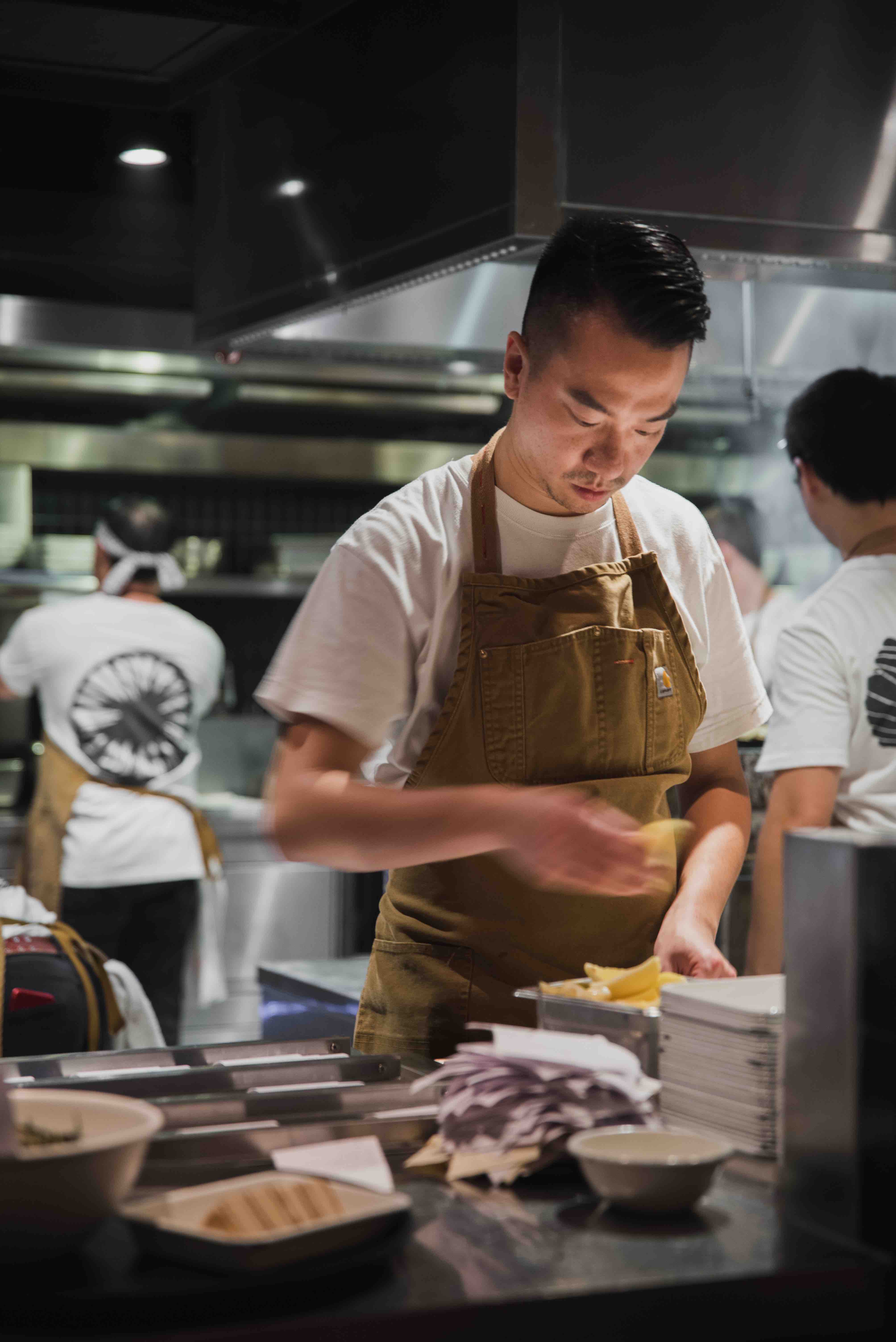At the Forefront of Casual Dining
18th March 2019
In the fourth edition of our Chef's Table Interviews, we speak to Nick Chan, head chef at Yardbird Hong Kong. Read on to see why he views casual dining as the future cuisine.
Why did you decide to become a chef and how did you get started?
I've always had a passion for cooking so I decided to go to culinary school at the Hospitality Industry Training and Development Centre (HITDC), studying Chinese cuisine. During this time, I worked part-time in different kitchens: a sushi shop and also a Korean restaurant in a food court.
What are you doing now?
I'm Head Chef at Yardbird Hong Kong.
What’s your favourite part of the job?
I've always loved eating chicken, so to be able to work in a kitchen where we utilise every part of the bird is inspiring.
Which ingredient do you most like working with and why?
Chicken, of course, because it can be prepared using a variety of cooking techniques and is a very versatile protein.
What’s your favourite dish to cook at home?
I like cooking for my wife, so whatever she wants to eat.
What’s been your best meal in the last six months?
Because of my work schedule I don't get to eat out often. But on my days off, I get to go home and eat with my family. Being able to eat my mom's cooking has been the highlight meal of the past few months
What do you think is the biggest challenge in the culinary industry?
Striking a balance. The hours are long and it's difficult to find time to spend with family, my wife, and sleep. Working in hospitality, you want to be a people-pleaser to the guest, to your staff, and to your family but there's only so many hours in the day to get it all done.
What’s the future of food?
I think the future of food and consumption in Hong Kong is a shifted focus to casual, high-quality restaurants rather than fine dining. In Hong Kong, the work environment is quite stressful and fast-paced, so the last thing people want to do is go to a fine dining restaurant with a dress code and long tasting menus. We've seen a shift in how people consume food, and the transition to quality ingredients served in an unfussy space means that the attitude towards food is changing and the awareness around ingredients and where food comes from is growing.

